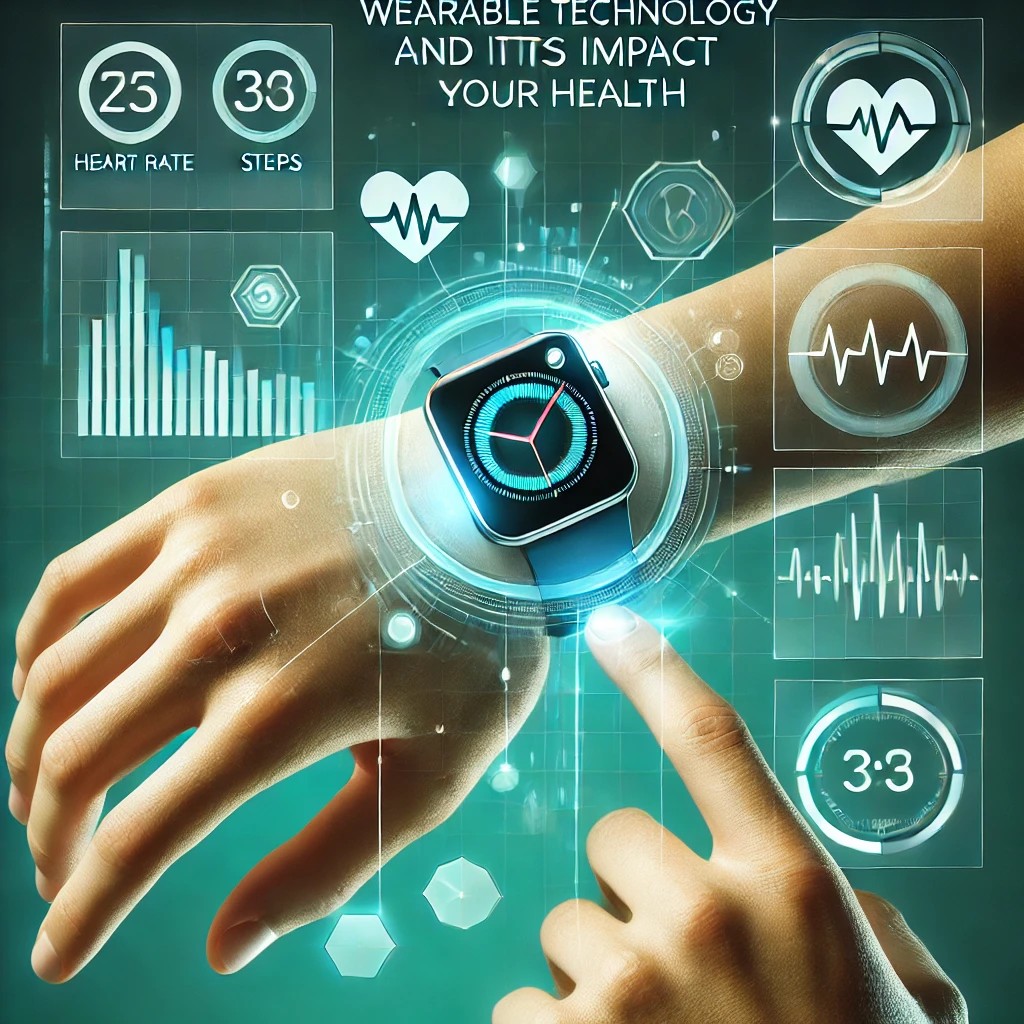In recent years, wearable technology has revolutionized the way we approach health and fitness. From fitness trackers to smartwatches and beyond, these devices empower individuals to monitor their well-being and make informed decisions about their lifestyle. But the impact of wearable technology on health extends far beyond tracking steps or counting calories. Let’s explore how these innovations are shaping the future of healthcare and personal wellness.
The Rise of Wearable Technology
Wearable devices have grown in popularity due to their convenience, functionality, and ability to provide real-time insights. The market is diverse, offering devices like:
- Fitness Trackers: Devices such as Fitbit and Garmin track physical activity, heart rate, and sleep patterns.
- Smartwatches: Apple Watch and Samsung Galaxy Watch combine fitness tracking with other features like notifications, apps, and health monitoring.
- Specialized Medical Devices: Wearables like continuous glucose monitors (CGMs) and ECG-enabled devices cater to specific health needs.
How Wearable Technology Impacts Health
1. Promoting Physical Activity and Healthy Habits
Wearables encourage users to stay active by tracking metrics like steps, calories burned, and workout intensity. Many devices include gamification elements, such as setting goals or earning badges, to motivate users to maintain consistent activity levels.
2. Monitoring Chronic Conditions
For individuals with chronic conditions, wearable technology offers a lifeline. Devices that monitor blood glucose levels, heart rate, or blood oxygen saturation provide valuable data that can prevent complications and improve quality of life. For example:
- Diabetic patients can use CGMs to track glucose levels in real-time.
- Heart patients can monitor arrhythmias using wearable ECG devices.
3. Improving Sleep Quality
Sleep tracking features in wearable devices analyze sleep patterns, providing insights into sleep duration, stages, and disturbances. By identifying issues like poor sleep hygiene or potential conditions such as sleep apnea, users can take proactive steps to improve their rest.
4. Early Detection of Health Issues
Advanced wearables can detect anomalies in vital signs, offering early warnings for potential health problems. For instance:
- Sudden changes in heart rate or oxygen levels can prompt users to seek medical attention.
- Devices like the Apple Watch have been credited with detecting irregular heart rhythms, potentially saving lives.
5. Empowering Personalized Healthcare
The data collected by wearables enables a more personalized approach to healthcare. By sharing insights with healthcare providers, users can receive tailored advice and treatment plans based on their unique metrics and trends.
Challenges and Limitations
While wearable technology has numerous benefits, it also comes with challenges:
- Data Privacy: Protecting sensitive health data from breaches is a growing concern.
- Accuracy: Some devices may not provide 100% accurate measurements, leading to potential misinformation.
- Accessibility: High costs may make these devices inaccessible to certain populations, creating a digital health divide.
The Future of Wearable Technology in Health
The future of wearables is promising, with innovations that could further revolutionize healthcare:
- AI Integration: Artificial intelligence could enhance data analysis, offering predictive insights and smarter recommendations.
- Advanced Sensors: Next-generation wearables might monitor hydration levels, stress markers, or even genetic data.
- Remote Patient Monitoring: Wearables could play a key role in telemedicine, enabling doctors to monitor patients’ health remotely in real-time.
Conclusion
Wearable technology has transformed how we engage with our health, making it easier to monitor, understand, and improve our well-being. As these devices continue to evolve, they have the potential to address some of the biggest challenges in healthcare, from chronic disease management to preventive care. By integrating wearables into our daily lives, we can take greater control over our health and pave the way for a healthier future.
